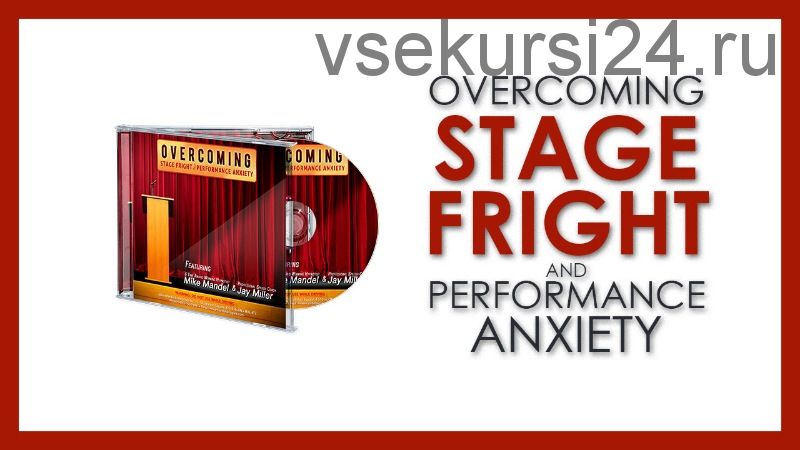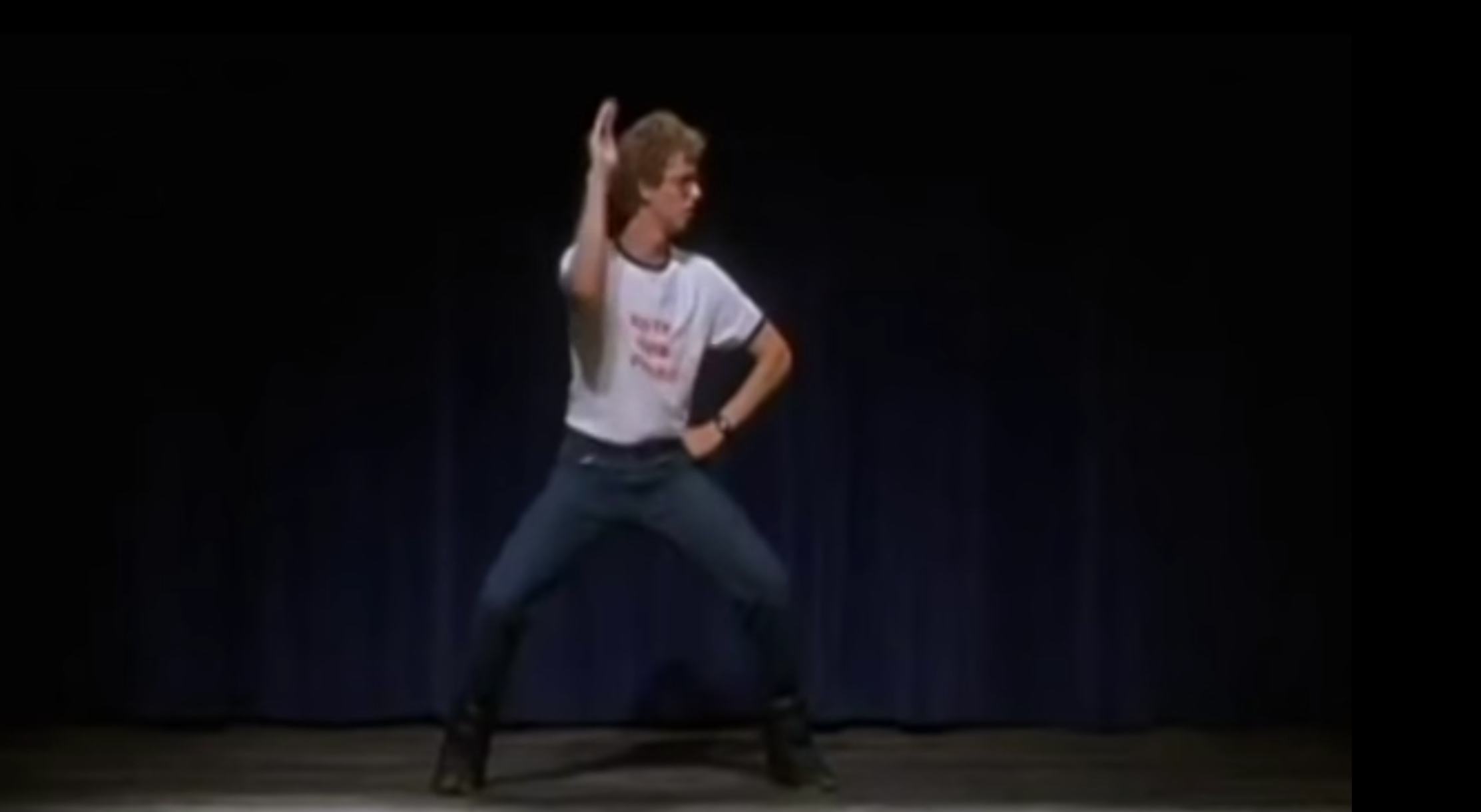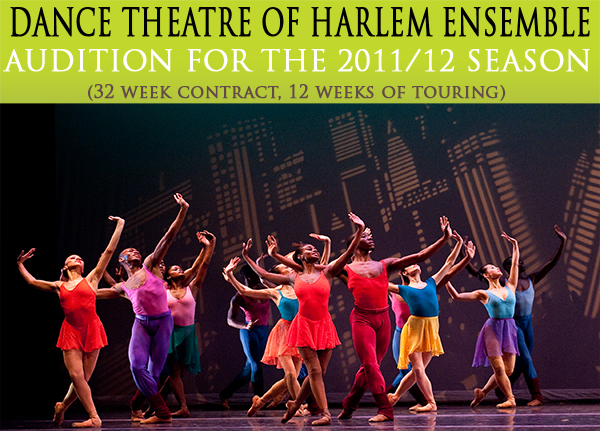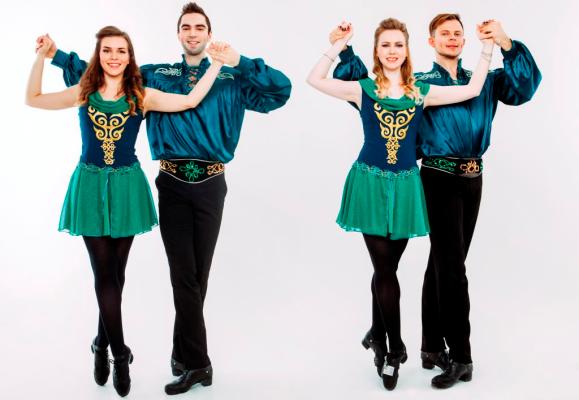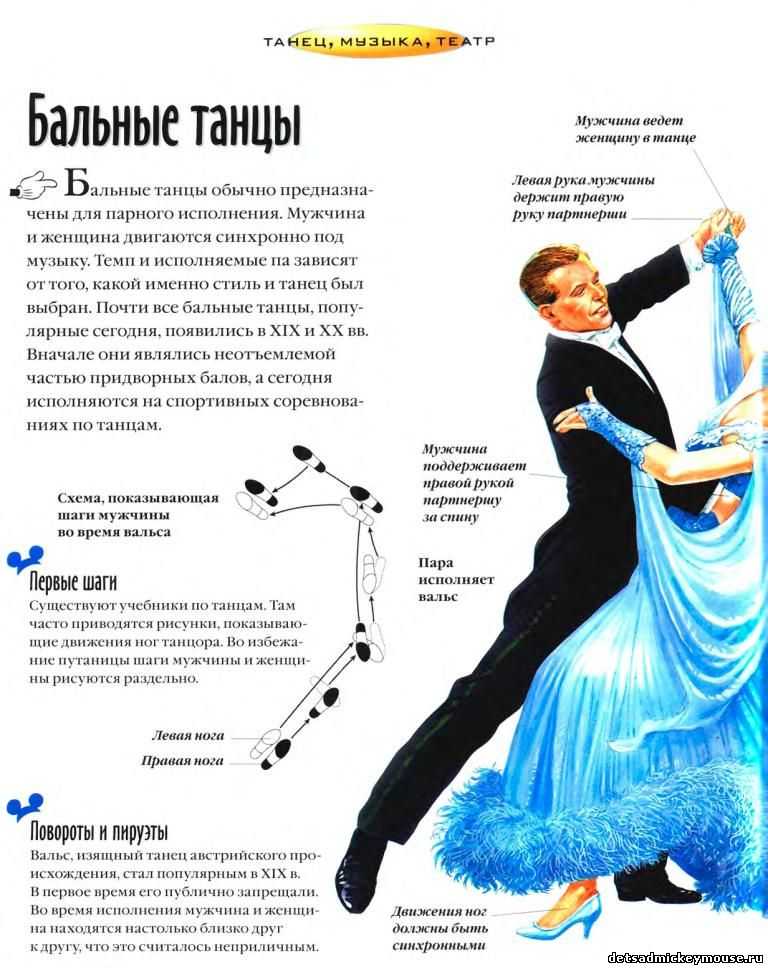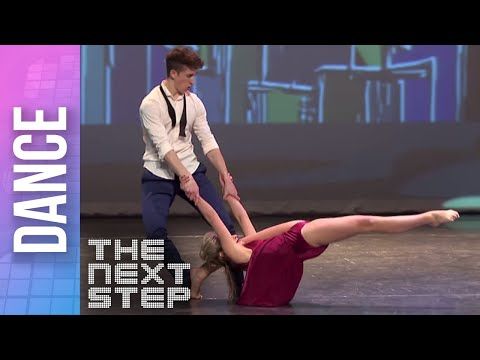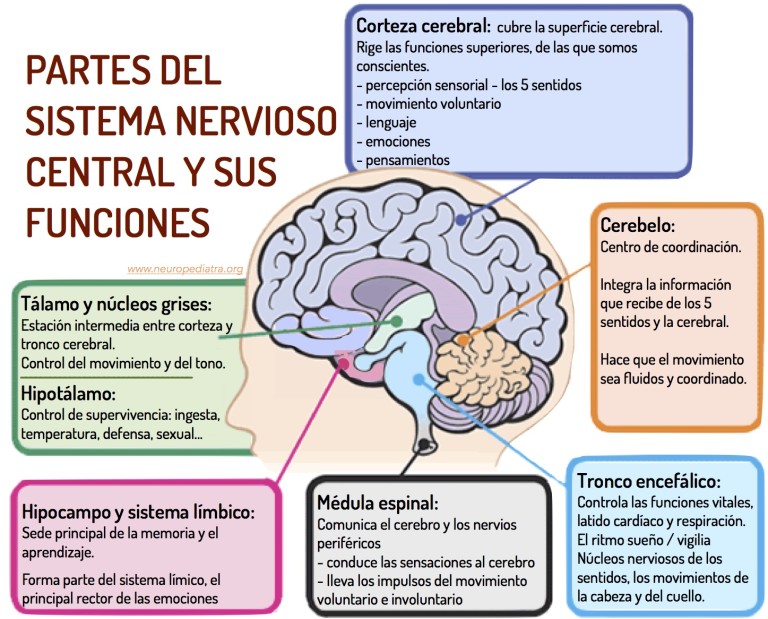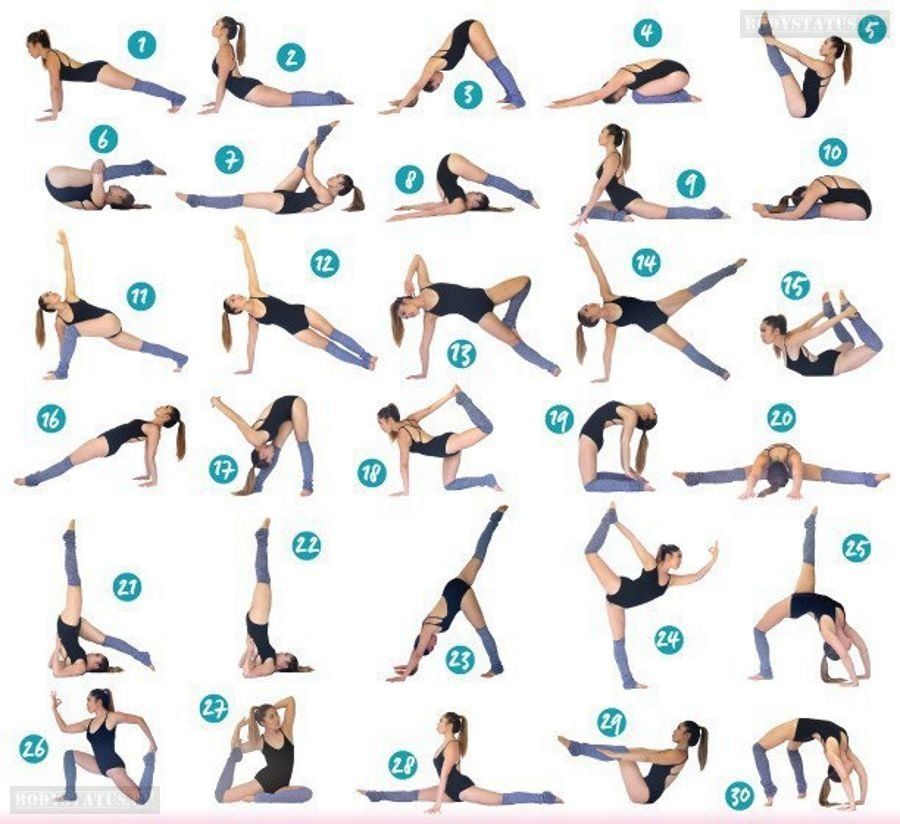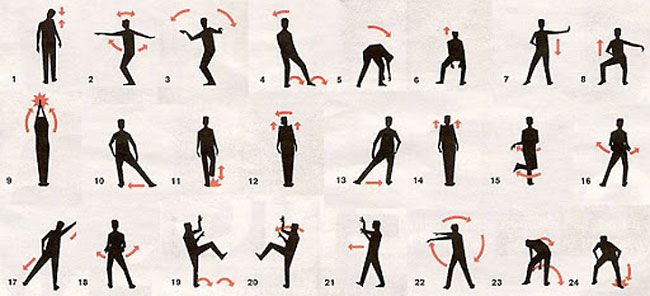How to overcome stage fright when dancing
Techniques to Overcome Stage Fright for Dancers
Dancers can become paralyzed with fear before a performance despite hours of practice and preparedness. Finding techniques to overcome stage fright and go on with the show is vital.
Mikhail Baryshnikov, arguably one of the most famous dancers of all time, still suffers from stage fright. In a 2015 New Yorker article, he stated, “I am onstage more than fifty years…Sometimes I do shows every night for weeks. Still, it never doesn’t come. Starts four hours before. I don’t even try to fight it anymore. I know it will always be there.”
Adult and child performance anxiety, or stage fright, is quite common. For some, it will ease over time, but some never cure it. But, there are ways to cope. Here are some helpful tips:
Breathe
It sounds simple and yet, when a person gets nervous, he or she can “forget” to breathe. The American Institute of Stress says that “deep breathing increases the supply of oxygen to your brain and stimulates the parasympathetic nervous system, which promotes a state of calmness. ” Learn some yoga breathing techniques to help relax your body and mind. It helps the heart beat more slowly and relaxes muscles. Blood pressure decreases and nitric oxide is released. Nitric oxide helps increase your senses, endurance and strength. You can help even your youngest students move past child performance anxiety.
Relax
Performing a routine act often helps the relaxation process. Some examples include stretching in the same way every time, chewing gum, humming or singing. Work to reduce the tension in the neck and shoulders. Meditation helps as well. Find a quite place to sit. Then, the dancer should close his or her eyes, focus on breathing and let their body go as limp as possible. Rest hands in the lap and drop the shoulders. Here, humming may be helpful as well. Try to reach a point where nothing is thought of except breathing.
Visualize
When a dancer has practiced something hundreds of times and is ready to perform, it is helpful to visualize the actual performance. Start thinking about the whole situation: the stage, lights, audience, and music. Imagine being exactly where the performance will be and “feel” the floor and the entire area around the stage. This exercise can help prepare the dancer for being in the actual space.
Start thinking about the whole situation: the stage, lights, audience, and music. Imagine being exactly where the performance will be and “feel” the floor and the entire area around the stage. This exercise can help prepare the dancer for being in the actual space.
Release
Sometimes there is nothing a person can do about nervous energy but release it. This is especially true for younger dancers. Thus, encourage a bit of running around or a quick walk. Do exercises that allow the dancer to wiggle from the head to the toes. Doing this helps getting rid of some of the adrenaline in the body that makes a person so nervous.
Focus on the music
Sometimes dancers get stage fright because they are too focused on their performance. Get a dancer to instead focus on the music. Once a dancer becomes familiar with the musical piece, it can guide him or her through all the movements required.
Get in the space
If rehearsal in the actual performance space is possible, have the dancer take the stage there.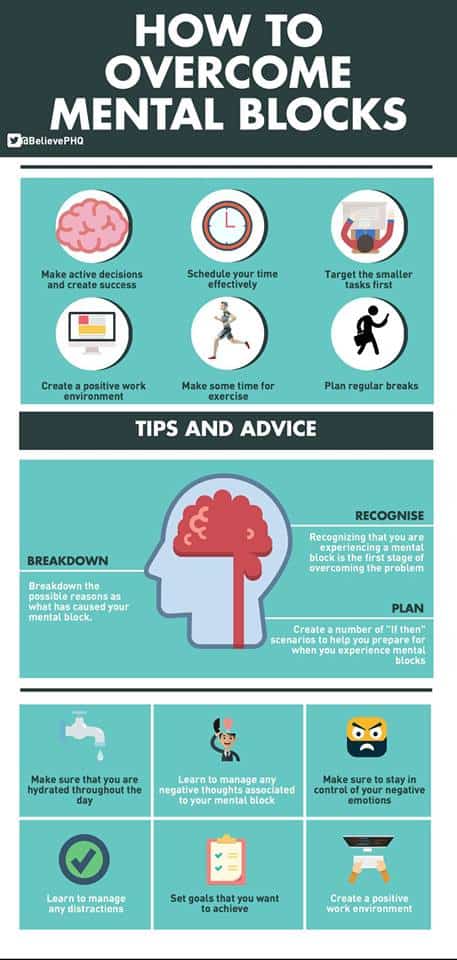 Many dancers need to feel the actual floor, see how far they are from the audience and get a sense of the entire area they perform in. This familiarity leads to less anxiety because some fear spawns from the unknown. When a dancer then knows where he or she will be, that fear diminishes.
Many dancers need to feel the actual floor, see how far they are from the audience and get a sense of the entire area they perform in. This familiarity leads to less anxiety because some fear spawns from the unknown. When a dancer then knows where he or she will be, that fear diminishes.
Face the fear
Sometimes one just has to come face to face with reality and recognize the fear. When a dancer starts to recognize the fear, it is possible to reinterpret it. Instead of seeing it a fear, it can be labeled in a more positive light such as “excess energy,” “excitement” or “passion.” Don’t focus on the symptoms such as an upset stomach or shaky hands or legs. Shift the focus to the overall feeling and work to make it a positive experience that prepares the dancer to deliver a great performance.
Let the past help the present
Stage fright is typically a reoccurring event. Dancers who are reminded about previous times they felt nervous and then overcame it to go on stage can be prompted to repeat great achievements.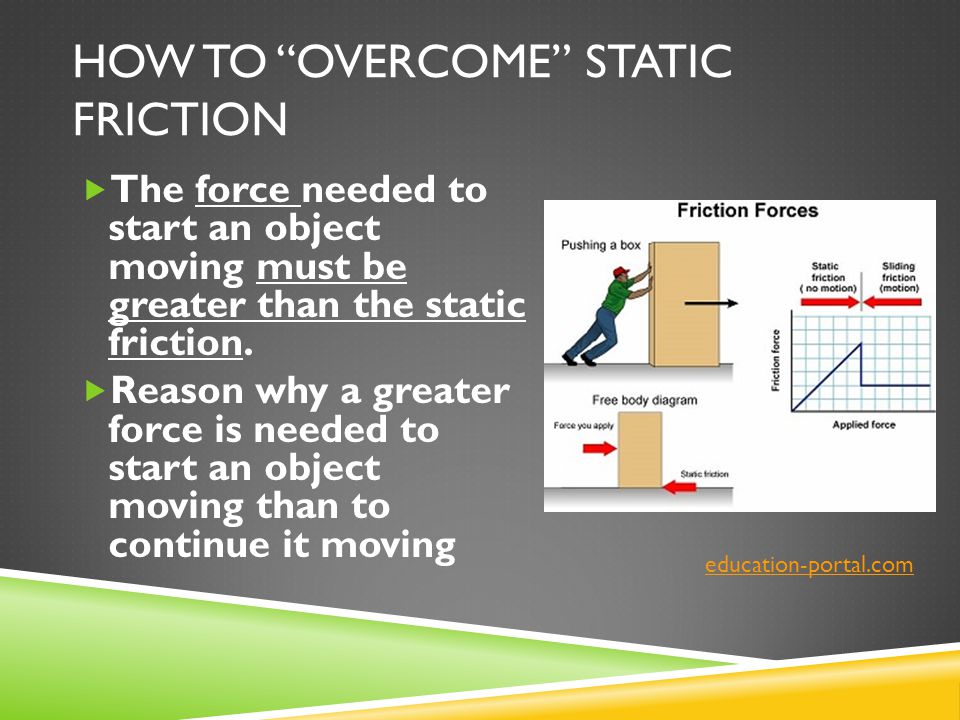 Help your dancers recall another time from their past where they felt overwhelmed by stage fright, but then successfully went on stage. This helps build confidence and gives them the ability to conquer their fears.
Help your dancers recall another time from their past where they felt overwhelmed by stage fright, but then successfully went on stage. This helps build confidence and gives them the ability to conquer their fears.
Photo by Vlad Busuioc under the CC by 2.0 License
Tips on Managing Stage Fright for dancers and all level performers.
Last Updated on March 1, 2022
When performing in front of an audience, even the most seasoned performers experience stage fright. So, whether you are a beginner or not, do not think that your are alone in experiencing this sensation.
The secret is not to deny these feelings, but to instead focus on transforming the feeling of anxiety into positive energy and adrenalin, that will give you the impetus to give your best on stage.
To help you channel your energy and to enjoy a successful performance, I have listed below some advice and a few tips that work for me. These are written with dancers in mind, but they can apply to other performing artists as well.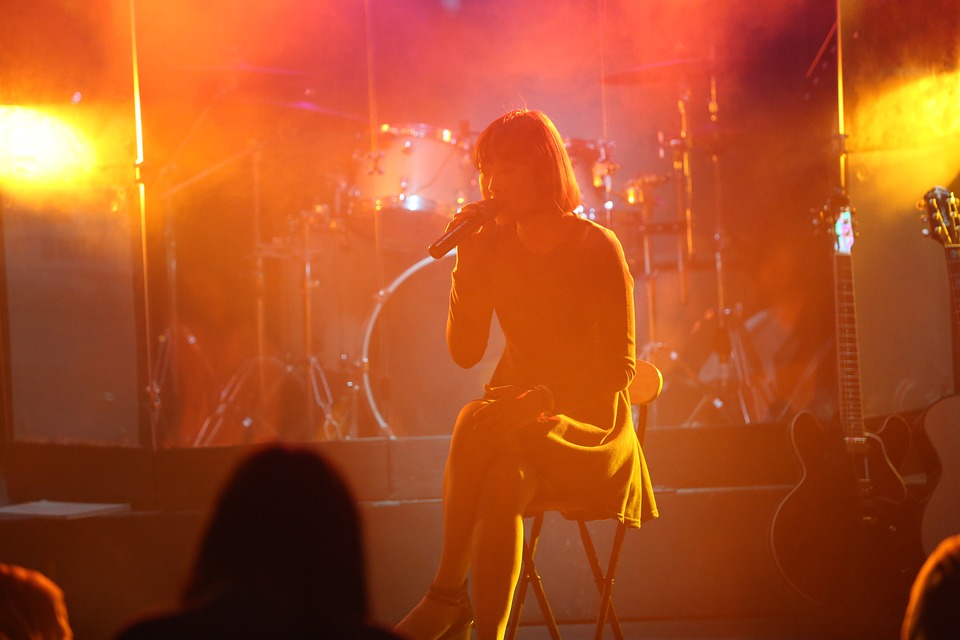
If you read this article and know about more tricks that help, which are not listed here, or if you want to tell your own experience, please feel free to comment below.
Table of Contents
Learn the Music
Become very familiar with the music you will be performing to because this will help you connect the movements with each part of the music.
The music will guide you and it will be something to rely on if you feel lost. This applies whether you are dancing to choreography or if you are improvising.
In any case, you need to know the music well. If you dance to a choreography and you forget a piece, knowing the music will serve you as a reminder to get back on track.
I am aware of the fact that there are certain pieces of dance, in particular within the field of contemporary dance, where music is not used. Dancers perform in silence or to recited poetry or other types of sound.
You can try and reply on these other sounds to guide you or, if there is no sound at all, you could rely on the rhythms of your own body, but I understand that it is more difficult in this case.
Rehearsing the Dance Routine
Rehearse and practice as much as you can. Being familiar with the movements and the routine is the only way to really gain confidence.
If you are dancing solo it is easier in that you can practice any time you have a spare moment, while if you dance with a group you have to rely on other people being available and on the availability of a certain venue. However, try to be present at as many rehearsal sessions as you can.
Also, even if you cannot practice with the group, you can always practice your part on your own in addition to practicing with the group (you will always need to rehearse with the group but practicing on your own can be a useful addition).
Also, even though the physical practice and rehearsal are necessary, you can always go through the routine in your own mind by imagining it whenever you have the time, maybe listening to the music you will be dancing to. Mental practice is often very useful.
Releasing Nervous Energy Before Your Dance Performance
Before performing, try running on the spot or tensing and then releasing your muscles. This works by helping you to get rid of adrenaline in your body.
This works by helping you to get rid of adrenaline in your body.
I have tried it and it works for me. If you, like me, are a belly dancer, this adrenaline will also work wonders on helping you have great and effective hip shimmies when you perform!
Breathing
Breathing is important. It may seem obvious, but the old yoga breathing techniques really help relax your body and mind.
You should breathe deeply and slowly and you can find more information on breathing techniques in many yoga books and DVDs.
Visualisation
Positive visualisation is a powerful tool, a sort of autohypnosis. You need to relax your whole body by breathing (you can find several books on relaxation on Amazon to guide you on this) and then visualise yourself on stage performing.
Imagine that you are giving a great performance, with no fear, and that the audience is supportive and enjoying seeing you.
When you visualize, try to imagine the whole situation as if it was real in as many details as possible, such as your own breath, the feeling of your feet touching the floor, your body moving, the smells (such as your own perfume) and the sounds surrounding you, the lights of the stage.
This will help make the exercise more effective.
The Audience
Keep in mind that people in the audience would be as scared if not more scared than you to perform.
Many of them would not even dream of doing it. So, give yourself some credit for having the strength to perform in front of an audience and be proud of it.
Improvise
If you forget a piece of the choreography, do not stop dancing nor look panicked. It is not the end of the world, just keep on moving, follow the music or the flow, and smile (unless you are performing to something dramatic, in which case do not smile but keep impersonating whatever feeling you are supposed to portray).
This is easier if you are dancing solo but it applies also if you are dancing in a group. If you carry on dancing many people will not notice the error; some others will, but still there is no point in panicking, just relax and carry on.
Enjoy the Moment
Focus on how much you enjoy dancing and performing, rather than on what the audience thinks.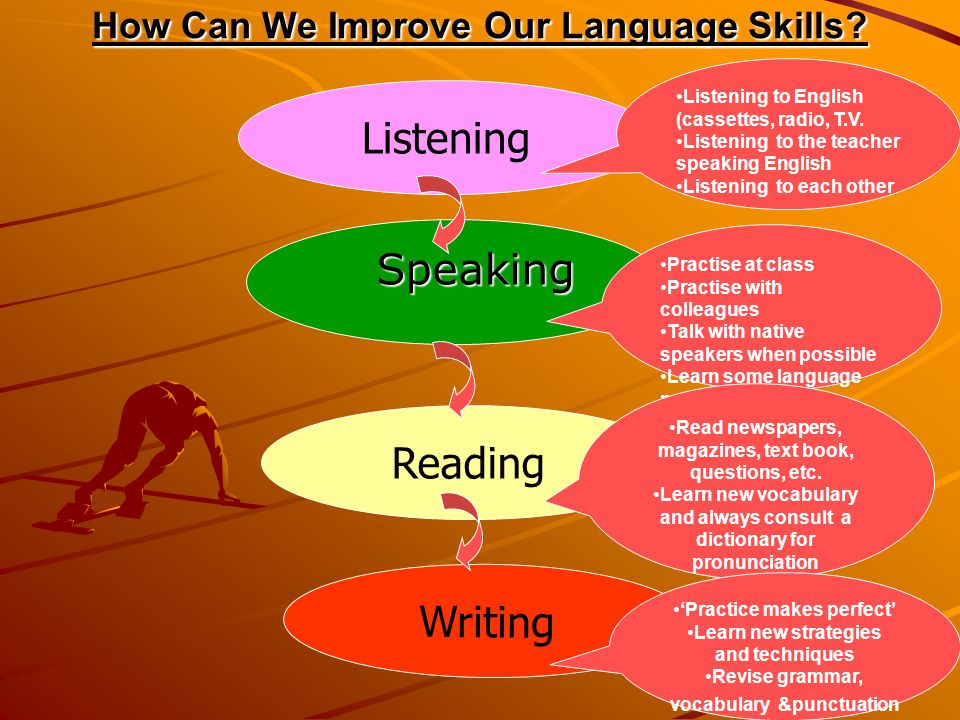 After all, if you dance it is because you love doing it, so enjoy every second of your performance.
After all, if you dance it is because you love doing it, so enjoy every second of your performance.
The audience will respond positively if they sense your love for dancing and your passion and they will be more inclined to forgive any imperfections. The main thing though is focus on enjoying the experience.
Know the Venue and Its Layout
If at all possible, try to rehearse in the venue where you will perform. For many dancers, this is not only possible, but it is the norm, for example, if you are part of a professional troupe.
Quite often though, rehearsing in the venue where you will perform is not possible, especially if you dance in the community and the venues are not accessible to all outside performing times.
If you can do that though, it will help as familiarity will make you feel less nervous.
Keep Perspective
Remember that performing is not a life threatening situation and your life does not depend on it!
You will survive, whatever happens, and instead, your life as a dancer will be richer because of the opportunity to perform.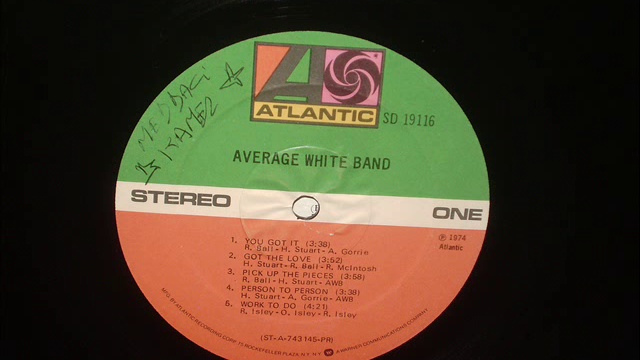
Get Immersed
The first few seconds of the performance are usually the hardest to overcome but, once they are over, everything will be easier.
You will get more and more immersed in the dance as it progresses and you will feel more relaxed until you are completely in the moment.
Before you know it the performance will be over and you will wish it could continue!
Focus the Energy
Channel all the energy that the stage fright gives you into something positive.
Create positive energy from all that adrenaline. See the signals that your body is sending you as signs of excitement rather than fear.
Some adrenalin is actually good as it will help you focus and give your best on stage. If you are too relaxed you will be in a careless state of mind, which is not good.
So, channel your energy positively towards the task at hand. Think that you are privileged to be able to perform in front of an audience and also see your performance as a gift to them.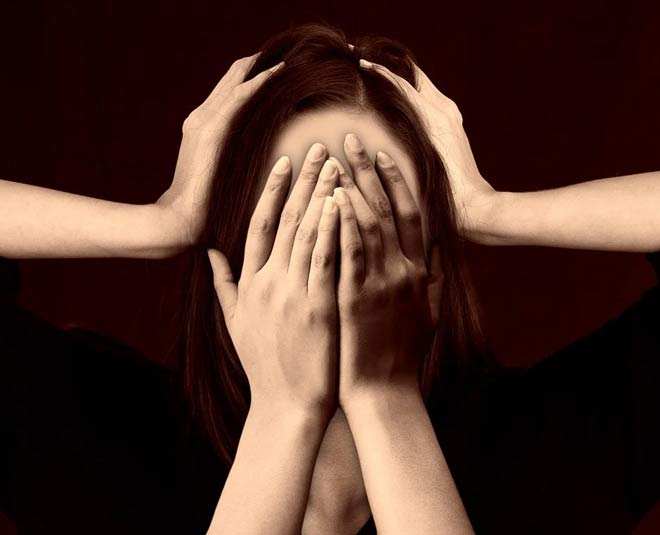
Think that you will dance well and you and the audience will enjoy it!
Further Resources
You might also find these resources useful so I thought I’d share them:
- WebMD on stage fright
- Conquering stage fright by the ADAA (Anxiety and depression association of America)
Valeria
Hi – I’m Dr Valeria Lo Iacono and I am a dance researcher with a PhD in dance as a form of living heritage. I also teach belly dance and love to travel to discover new dances around the world. I have worked also as an academic and in the UK and in Korea. Thank you for visiting my site.
How not to be afraid to speak. Dancing and speaking
I remember how scared I was before going on stage for the first time. After the first dance before the second, the jitters only intensified and I generally began to perceive what was happening and hear the music badly, it seems that even then my leg was cramped during the dance and continued to dance with my leg closed, and after the performance, the partner seems to have given me a pill to drink from the head. This despite the fact that I already knew how to speak well orally and the students were excited to listen to my reports. But even in oral presentations, my confidence depended on the audience - I was noticeably worried in front of the professors. Since then, I have performed in a tango restaurant, at a wedding, and for money. I remember all these problems of fear of public speaking and I want to share with you how I solved them, because I think the recipe is universal. nine0003
This despite the fact that I already knew how to speak well orally and the students were excited to listen to my reports. But even in oral presentations, my confidence depended on the audience - I was noticeably worried in front of the professors. Since then, I have performed in a tango restaurant, at a wedding, and for money. I remember all these problems of fear of public speaking and I want to share with you how I solved them, because I think the recipe is universal. nine0003
I won't say the standard advice "do what's scary", "go at your own risk". This is a difficult masochism, although it is clear that when you decide, the fear will weaken - the more often you perform, the easier it is. But the fear of performing, as experienced well-known actors say, they still have. Let's dig deeper into the causes of fear. And I'll tell you how I got rid of mine.
Where does the fear come from
If you are afraid to speak, you are afraid to make a mistake, to do something wrong, you are afraid to forget, to stumble, to go astray, you are afraid that people will not like it, that they will not clap or even disgrace you. Perhaps, before a performance, you draw terrible pictures in your head, how they whistle and hoot at you, point a finger at you and laugh at you, or silently condemn with reproach. In general, you are afraid for your self-esteem, it may suffer. And it's true, she can get hurt, the fear is reasonable. nine0003
Perhaps, before a performance, you draw terrible pictures in your head, how they whistle and hoot at you, point a finger at you and laugh at you, or silently condemn with reproach. In general, you are afraid for your self-esteem, it may suffer. And it's true, she can get hurt, the fear is reasonable. nine0003
These are all strangers, on whom you, in principle, do not depend in any way, but for some reason their opinion about your performance is terribly important to you. Why? Why do you care about their opinion?
If you are an artist who sold tickets to your performance, then yes, their opinion should be important to you. Purely pragmatic. But surely you did not sell tickets for your performance. You perform for free for the audience.
You show people how you dance. And their opinion about it is very important to you. Why? This is the key question. nine0003
If you record a video of you having sex and post it - will you have the same jitters - what if they boo, what if they don't like it, what if they don't clap? Will not be.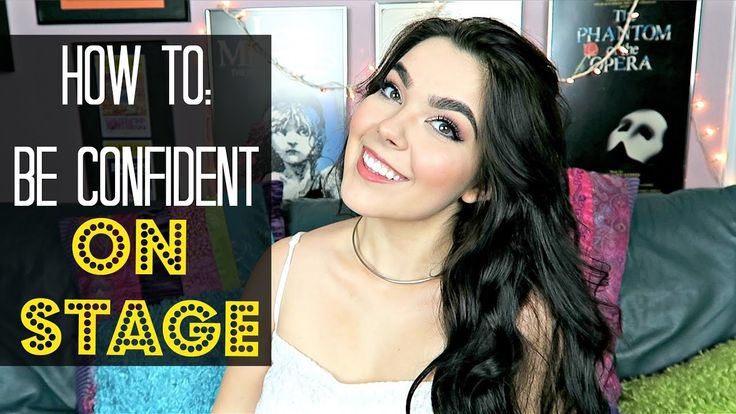
If you post a video of how you eat or sit down at the table right in front of this audience and eat in front of everyone - will you worry - “what if I screw up?”, But “what if they don’t like it?”. You will not.
Because when you eat or have sex - you do it for yourself, your task is to enjoy. And when you dance, who do you do it for? For spectators? No, when you perform, you do it FOR YOURSELF - to raise your self-esteem, so their opinion is important to you. When you go on stage, you want to GET something from them - their appreciation of you. This is not altruism, this is infantile selfishness. Hence the fear. You need something from them and you are afraid of not getting it. This is a reasonable fear, because, indeed, you may not get what you want or GET not. nine0003
Decision
When you go to a birthday party with a gift, you don't know in advance how the recipient will like it. But you're not particularly afraid. You don't think that the whole birthday party will laugh at you because of your gift.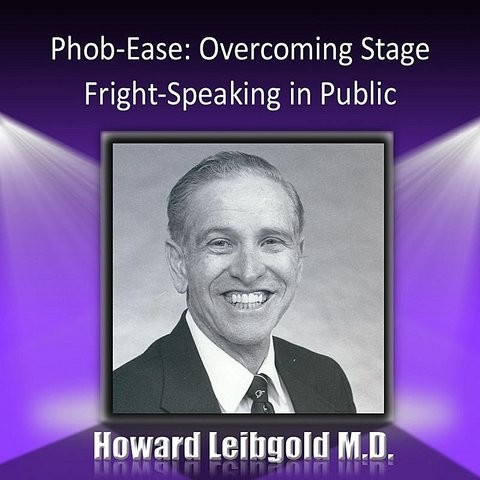 You understand - well, yes, maybe I won’t guess, maybe he won’t like it, but there is no jitters. Why? Because it's a gift. Don't look a gift horse in the mouth, as they say. Those. here, take a bite. And if you don't want it, don't take it, no problem. Usually they take everything for free). nine0003
You understand - well, yes, maybe I won’t guess, maybe he won’t like it, but there is no jitters. Why? Because it's a gift. Don't look a gift horse in the mouth, as they say. Those. here, take a bite. And if you don't want it, don't take it, no problem. Usually they take everything for free). nine0003
Your performance in front of people is also a freebie for them. They didn't pay for your performance. I invite you to consider your performances as a GIFT. And it is for this purpose that I go out to speak - to make people happy, to GIVE them joy, to show them something interesting, new for them. Performing is not to GET appreciation from them, but to GIVE them what you can. What you can do today. How can you give it. It's like if guests come to you, and you cook food for them. Well, what I could do, I cooked it quickly. What was at hand, she gave. Of course, I tried my best. But this is a gift to them and you are not afraid that they will whistle. The speech is also. Don't consider the performance as your exam, consider it a free gift to the audience.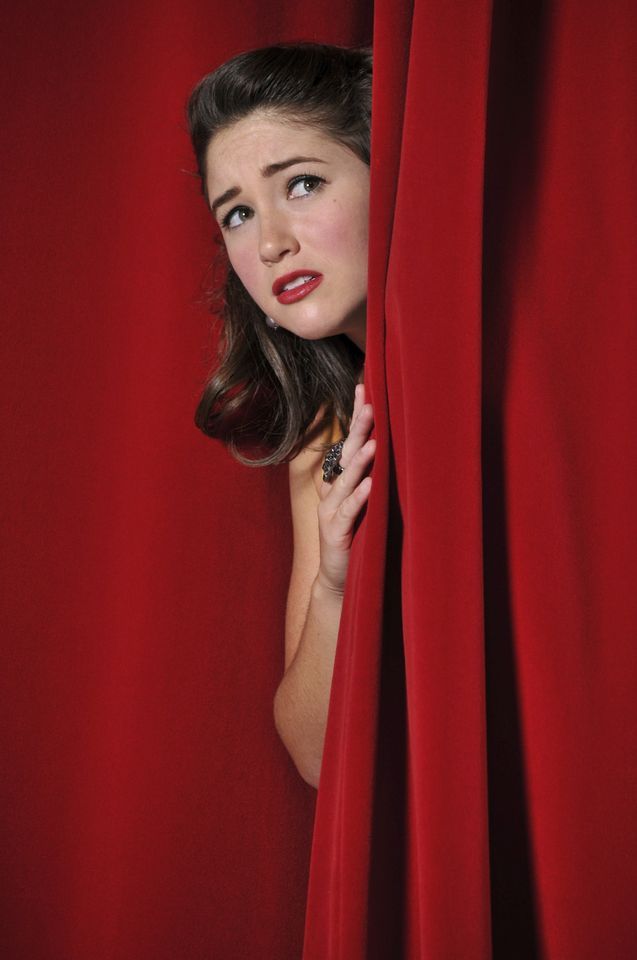 Even if they paid for the ticket - it doesn't matter - go out to give them something, well, what can you do. Whatever happens, they GET. It is better to cook at least somehow than to leave the guests hungry. Of course, we must continue to learn how to cook, but this does not prevent us from feeding people today with our imperfect cooking. She will never be perfect. I prefer a woman to feed me today, not in many years when she learns to cook perfectly, because I want to eat today. Better now as you can than perfect when I starved to death. nine0003
Even if they paid for the ticket - it doesn't matter - go out to give them something, well, what can you do. Whatever happens, they GET. It is better to cook at least somehow than to leave the guests hungry. Of course, we must continue to learn how to cook, but this does not prevent us from feeding people today with our imperfect cooking. She will never be perfect. I prefer a woman to feed me today, not in many years when she learns to cook perfectly, because I want to eat today. Better now as you can than perfect when I starved to death. nine0003
Also in oral presentations - don't think about judging you, but try to speak emotionally, interestingly, confidently. Like a performance. If this is a presentation of a work project, they will discuss the content, but you focus on the manner of presentation - after all, PEOPLE listen to you, and therefore you need to speak in such a way that they would be PLEASANT TO LISTEN. It is necessary not to report perfectly, but to make people pleasant, well, as far as possible. It's like toasting someone else's birthday.
It's like toasting someone else's birthday.
For comparison: R. Gandapas (a well-known coach of public speaking) recommends to decide on public speaking for the pleasure of overcoming (fear of speaking), to get pleasure from overcoming each time, to be nervous and overcome each time and enjoy it. If you accept my decision, you will not receive this pleasure from overcoming, because there will be no overcoming, but you will receive only that altruistic pleasure, as when you give a birthday present and perhaps a person will be pleased, and you will be pleased with what you have done pleased him. nine0003
In order not to get injured from the first performance, like “I never want to perform again, probably this is not my thing at all” R. Gandapas recommends preparing a performance: “the less experience you have, the more time you have to devote to preparing a performance.” Agree. But it's not about many years of studying before performing, it's about many days to prepare a performance for a performance.
Humble yourself
Are you afraid that you will not perform perfectly? Of course, it will be so - not ideal. This is the right fear, but there is nothing to be afraid of, it will not be ideal anyway. Just know in advance that it won't be perfect anyway. nine0003
Even if you think it turned out perfect, most people still have different views and values than yours, and they simply won't appreciate your perfect performance, and they won't like it anyway. Humble yourself. In advance. They want it to be as they like - let them hire an artist to their liking and pay him. Whether you need to adapt to the interests of the public is up to you, depends on your goals. Usually it is worth inserting some consumer goods into the performance (say naked female legs, leg swings, feints with legs, acrobatics, frowning eyebrows, face play, pauses and hangs like feelings between us) to keep the masses satisfied. They still won’t appreciate the nuances of the step technique, but what they are wearing is what worries them.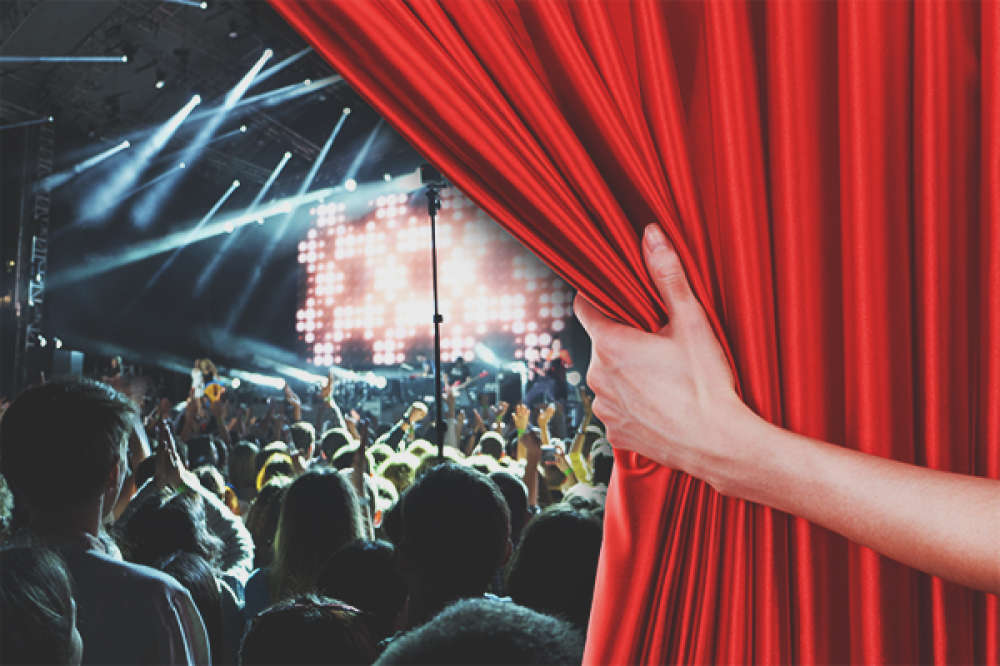 nine0003
nine0003
And the more you perform, the easier it gets. Anyway, someone will sleep in the front row, because he did not sleep at night, and someone will pester the girl next door and therefore not listen.
It won't be ideal, but we should strive for it. A lot of people don't like it, but that doesn't matter.
If you are afraid, it means that you are thinking not about bringing joy to people, but about getting their applause. I propose to grow up - to be self-sufficient and give people an excess of their strength, and not seek their approval as from parents in childhood. nine0003
In the end, I hope you will gradually come to where I am - losing interest in performances (and in the opinions of the audience about yourself). But first you need to stop being afraid of them. To do this, I suggest that you take the position of an altruist, a giver, think about how to GIVE the audience something pleasant, interesting. Not thinking about how they will appreciate. Focus on the gift.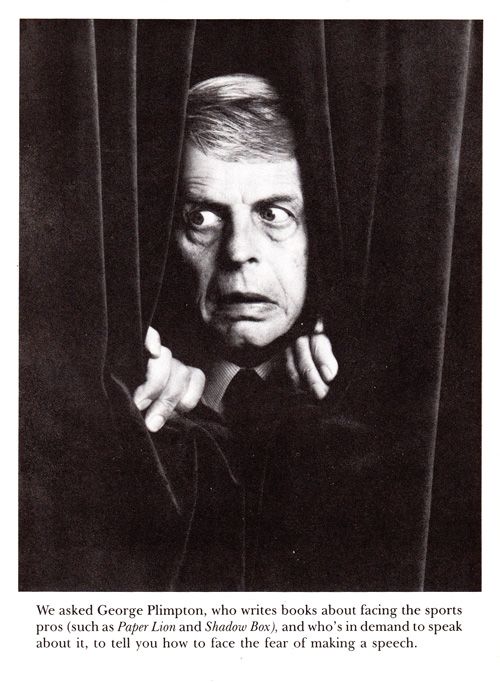 Make it. Better any than none.
Make it. Better any than none.
(c) Andrey Krylov 2018
About stage fright or “Oh, I’m screwing up now, they’re looking at me!”. 7 speaker fears
About stage fright or "Oh, I'm going to screw up, they're looking at me!". 7 fears of a speaker
There are many competitions in pole dance now, in different formats and in different categories. And one of the most important questions: how to overcome stage fright? If you dig on the Internet, you can find several reasons for this fear, from genetic to social.
Let's leave the trip to the psychologist with the analysis of psychotraumas of the past to your discretion, it's as you wish, because everyone has their own "cockroaches". I must say right away that not all people are predisposed to performances. Some go to workouts just like fitness, to pass the time. Therefore, a request to the coaches: do not “shove” everyone on the stage, maybe someone just doesn’t need it. And we will analyze the moments when you want to perform, but it's scary. What to do? nine0003
What to do? nine0003
Fear 1. "The audience won't like it"
To be honest, I don't remember a single time when the crowd shouted "boooo, sucks" or threw tomatoes. I tell you honestly, the auditorium is usually very sympathetic. And even if something goes wrong, the audience will calmly tolerate the correction of the problem, and also react with understanding to the fact that you start over. And most likely even support. Usually spectators at pole dance competitions are the same performers or sympathizers (friends of the dancers, relatives, fans of the genre). Spectator fear is the fear of being disapproved. In order not to think about disapproval, try to train more often and drive numbers in plain sight. Invite not only the coach, but also your group mates to watch the runs. For those who practice in the presence of other people (in large halls, where the pylon area occupies only part of the space), such a problem fades away by itself over time. nine0003
Fear 2.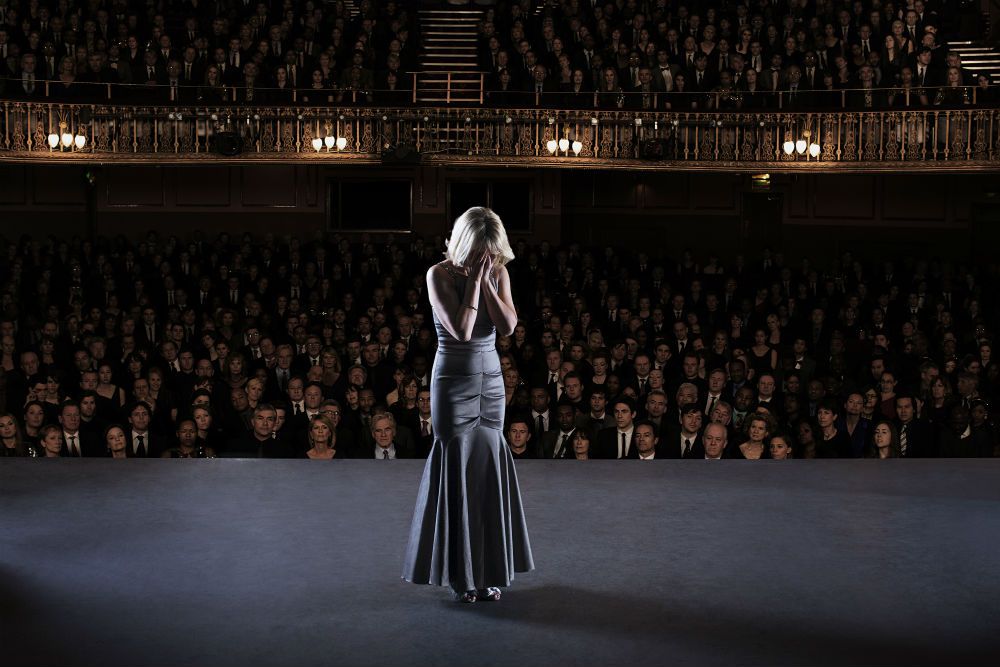 “I see people's eyes and get lost”
“I see people's eyes and get lost”
A lot depends on the lighting, so make sure you know where you will be performing in advance. Sometimes the performer does not see the audience at all, because the light from the spotlights is directed at the stage. And if you look from the stage into the hall, then only pitch darkness is visible. In this case, you just need to be alone with the music, calm down, and do what they did in the hall. It is more difficult when you see the faces of people in the hall or are in close proximity to the audience. It all depends on whether your dance is introverted (attention is directed inward) or extroverted (attention is directed to the audience). If the dance is introverted, slightly defocus your eyes and do not dwell on anyone's face, slide your attention over the viewer without considering each face separately. This will give the illusion of looking into the audience, but you won't waste your attention thinking about the audience. If your dance is extroverted, you can't do without looking into the hall. Several life hacks are possible here:
Several life hacks are possible here:
- Bring the person you would like to dance to and look at him (friend, girlfriend, relative). Not suitable for everyone, because some people are even more embarrassed to dance in front of loved ones. But if you feel that someone's presence will calm you down, drag that person to a performance.
- Look slightly over the heads, as if addressing an invisible spectator in the back row.
- Accept the combat mode "I am the main (main) in this hall, and all the spectators are my guests." This is the coolest mode, recommended for those who already have performance experience. If you have a good level, but you still think that the audience came to critically evaluate you, relax. You are one of the people who will make this festival great, so get on stage and confidently dance what you love. Then you can look each viewer in the eye, then there will be dialogue and interaction. nine0003
- In training, learn to look into the camera and into the eyes of the coach/comrades, and not in the mirror. Your reflection will not help you in any way and the new state will not pump you. Dance in front of each other.
Your reflection will not help you in any way and the new state will not pump you. Dance in front of each other.
- I advise coaches and spectators at rehearsals not to be silent, but to actively react, clap and shout “well done!”, “come on!”. Positive reinforcement of action creates dialogue and atmosphere.
Fear 3. “I'm afraid to forget the movements”
There is only one solution: practice, practice and practice the links until automatism. I highly do not recommend beginners to go out with a raw number. So you can earn yourself new complexes. It is better to prepare in advance, and not a week before the competition. If you don't have the professionalism to suddenly start improvising after a forgotten move, practice the number carefully. nine0003
Some learn not only movements, but also facial expressions and gestures, which is also correct. The expression of emotions on stage is exaggerated and differs from behavior in real life. It is possible that if you express feelings in the way you are used to, then facial expressions and gestures from the audience will look faded.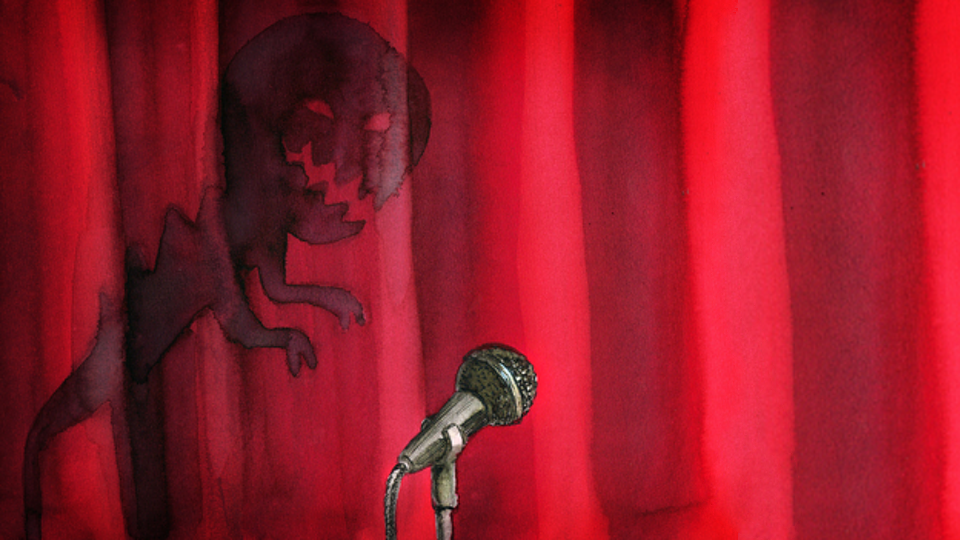 Therefore, it makes sense to pre-select the necessary gestures for emotions, learn to play with your face. Busy on stage with a fully memorized number, you will not be distracted by unnecessary thoughts about fears of evaluation, failure, etc. nine0003
Therefore, it makes sense to pre-select the necessary gestures for emotions, learn to play with your face. Busy on stage with a fully memorized number, you will not be distracted by unnecessary thoughts about fears of evaluation, failure, etc. nine0003
In general, there are two types of performers: those who love to memorize and those who love to improvise. And improvisers have a different fear: what if I improvise garbage? And this can also be. Therefore, I advise you to do the so-called "prepared improvisation." Prepare small memorized pieces in advance at the right places on the track. For example: “So, in this place I dance to my heart’s content, and I make these two eights, then improvise again.” This plan will give you confidence. Dragging all 4 minutes of the number improvise at random is a very difficult thing, there is a very great chance to “fix” and make the number weak. nine0003
Fear 4. "I'm going to fall off a stunt and embarrass myself"
Solution number one: use tricks that you do consistently. Don't cram all the fashion trends and what you saw yesterday at the master class. you will work everything out and use it later, but for now your number should shine with confidence and clean lines. Otherwise, what's the fun if you danced normally, and then from the second swing clumsily jump into a flag or a rack on the strips. That's it, the impression is spoiled. This one was given to you a flag, if in fact it was possible to do without it.Sometimes the question even arises: in general, people filmed themselves on the runs and looked at how it looks?Remove everything that can be “fixed”.Thus, the number will be easy to perform for you , and pleasing to the eye.0003
Don't cram all the fashion trends and what you saw yesterday at the master class. you will work everything out and use it later, but for now your number should shine with confidence and clean lines. Otherwise, what's the fun if you danced normally, and then from the second swing clumsily jump into a flag or a rack on the strips. That's it, the impression is spoiled. This one was given to you a flag, if in fact it was possible to do without it.Sometimes the question even arises: in general, people filmed themselves on the runs and looked at how it looks?Remove everything that can be “fixed”.Thus, the number will be easy to perform for you , and pleasing to the eye.0003
Decision number two: be able to "get it off". What it is? It's when you play up a bad performance so that the audience doesn't notice. The more movement and coordination you have, the easier it is to beat failure. This is already a question for the professionalism of the dancer / trickster. A large amount of practice in the gym will remove this problem.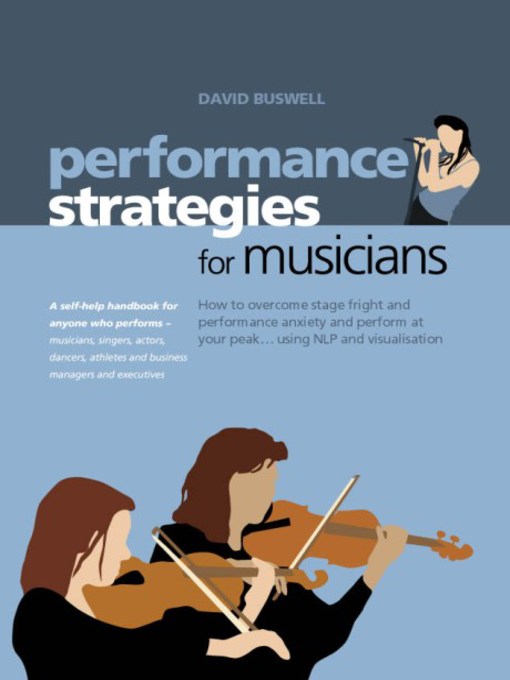
In any case, if you have plans for more than just one gig, then accept the fact that EVERYONE FUCKES. Everyone has a shitty performance in their life that they're embarrassed about or don't want to post. Draw conclusions and speak further, failure is NOT DEATH. nine0003
Fear 5. “Something will happen beyond my control and ruin everything”
It happens, too. Either the wrong music is turned on, or it is turned on too quietly, or the pylon is not cleaned, or there is garbage on the floor, etc. etc. You never know what force majeure can be. In this case, you can not be silent, forced to smile and continue to speak. You need to feel at home, find the strength to stop the performance and report the problem to the host or organizers. The audience will not scold you for this, but rather sympathize and wait until the problem is fixed. I know such cases when, after a force majeure, the performers, on the contrary, let go of nervous tension (anyway, they were already on stage, there was nothing to lose), and they performed even better than in the first run. nine0003
nine0003
Fear 6. "I'm afraid of the judges"
As I was thinking about this item, I was thinking back to my old competitions and suddenly came to the conclusion that I have absolutely no idea who judged me or my team. I have never performed, focusing on the judges, I have never singled them out from the mass of spectators. For me, the primary task was to fulfill my plan or to catch the courage, I thought about the grades last. In general, again, people are divided into those who are afraid of judges, and those who like to work for them. If you are afraid of the judges, work for the hall, but remember that the judges are the same spectators, just more sophisticated. If the judges are a person whom you respect and want to work for him, please, no problem! Whether you look at the judges or not is the tenth thing. It is important for referees to evaluate all other aspects, sometimes the refereeing team is generally out of sight. Judges, like any spectator, want to see the confidence of the speaker. nine0003
nine0003
Fear 7. "I'm shaking with excitement"
The fastest way to get rid of anxiety is breathing. Scheme of square breathing: inhale (4 sec) - hold the breath (4 sec) - exhale (4 sec) - hold (4 sec) - repeat from the beginning. In order not to count seconds, you can simply say to yourself “one thousand one, one thousand two ...”, etc. Moreover, the duration of inhalation-exhalation can be selected individually, it can be 4 seconds, maybe more - 6-8 seconds, or less, the main thing to make it comfortable to exercise. nine0003
Also, warm up right before the performance, not from the very beginning of the event. Otherwise, there is a chance to cool down ten times and catch an emotional burnout.
A short story from life. I don't perform pole dance so often now, but I used to perform a lot. Even today I don't feel jitters when I go on stage. And when I began to remember how it all began, I came to one key moment, which completely beat off stage fright at the very beginning. When we had just met my breaker friends in the spring of 19On the 99th (and there were three of us), we had a problem: there was nowhere to train. There was little information, the desire to train was great, but there was no place for rehearsals. And so we took it and made it simple: we went to train to the nearest recreation center, where there were huge glass windows on the ground floor and more or less smooth slabs. There we gathered every evening, taking with us a battery-powered cassette recorder. It was the end of the 90s, passers-by simply did not understand what we were doing. Gopnichki came up to ask, just passers-by, well, including the police. So we trained all summer. And when we were offered the first time to speak, we immediately agreed. And in the performance (voila!) I felt exactly the same as in training on the street. They looked there - and they look here! The main task was simply not to forget the movement. The first performances (in two stages) were held in a huge house of culture with a completely packed hall, these were competitions in amateur performances of the plant's workshops.
When we had just met my breaker friends in the spring of 19On the 99th (and there were three of us), we had a problem: there was nowhere to train. There was little information, the desire to train was great, but there was no place for rehearsals. And so we took it and made it simple: we went to train to the nearest recreation center, where there were huge glass windows on the ground floor and more or less smooth slabs. There we gathered every evening, taking with us a battery-powered cassette recorder. It was the end of the 90s, passers-by simply did not understand what we were doing. Gopnichki came up to ask, just passers-by, well, including the police. So we trained all summer. And when we were offered the first time to speak, we immediately agreed. And in the performance (voila!) I felt exactly the same as in training on the street. They looked there - and they look here! The main task was simply not to forget the movement. The first performances (in two stages) were held in a huge house of culture with a completely packed hall, these were competitions in amateur performances of the plant's workshops. Accordingly, the audience was in bulk. In DC, the fact that you don’t actually see the audience saves, since the spotlights are directed at you. I heard music from the monitors (speakers on stage) and just did what I had to. nine0003
Accordingly, the audience was in bulk. In DC, the fact that you don’t actually see the audience saves, since the spotlights are directed at you. I heard music from the monitors (speakers on stage) and just did what I had to. nine0003
The following summer, we met other guys and again trained all the time outside on the DVP. Therefore, when we were offered to work in clubs, we were already fully prepared psychologically. So, what am I, in order not to be afraid of the stage at that time, the following was enough:
1) Love what you do so much that the rest is already secondary. If there is too much excitement, just start listening to the music carefully, and the excitement goes away. Love for what you do turns duty into fun. Change your attitude to your work, change your philosophy, and the fear of speaking will go away. nine0003
2) Always be in the public eye to be looked at. Even when you're screwing up, falling or learning tricks. This understanding teaches you that even if you fell off the trick, but turned out, then you will either be forgiven for the mistake or not noticed at all.